Earth
Sign up for our newsletter
We summarize the week's scientific breakthroughs every Thursday.
-
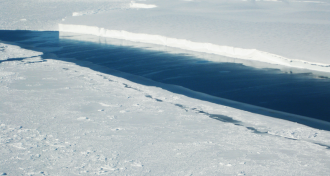 Climate
ClimateAntarctic ice shelves rapidly melting
Melting around Antarctica is accelerating, with several ice shelves projected to vanish entirely within 100 years.
-
 Chemistry
ChemistryAir pollution molecules make key immune protein go haywire
Reactive molecules in air pollution derail immune responses in the lung and can trigger life-long asthma.
By Beth Mole -
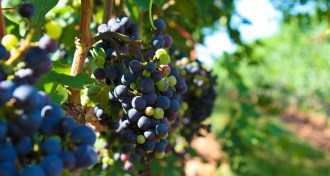 Life
LifeA vineyard’s soil influences the microbiome of a grapevine
Vineyard soil microbes end up on grapes, leaves and flowers, study finds.
-
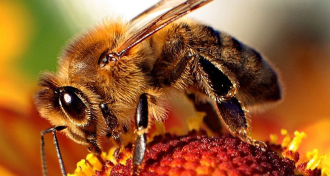 Environment
EnvironmentManganese turns honeybees into bumbling foragers
Ingesting low doses of the heavy metal manganese disrupts honeybee foraging, a new experiment suggests.
-
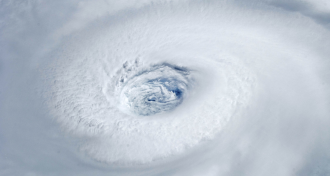 Climate
ClimateRain slows whipping hurricane winds
Taking raindrop drag into account — which may slow hurricane winds by as much as 30 percent — could help improve hurricane forecasts.
-
 Climate
ClimateWinter storms 24 times as deadly as estimated
By ignoring car and plane crashes related to bad weather, U.S. tallies of winter storm deadliness severely underestimate hazard.
-
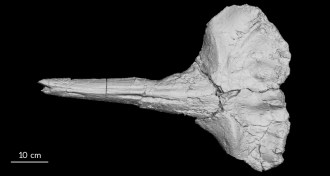 Paleontology
PaleontologyRise of East African Plateau dated by whale fossil
A whale fossil is helping to pinpoint when the East African Plateau started to rise and how the uplift played a role in human evolution, scientists say.
-
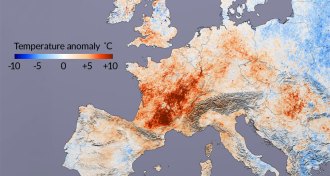 Climate
ClimateArctic warming bolsters summer heat waves
Sagging storms brought on by rapid Arctic warming worsen summertime heat waves across the Northern Hemisphere.
-
 Agriculture
AgricultureCage free isn’t good enough for livestock, ‘The Modern Savage’ argues
Even on a small farm, life can be brutal for animals, historian and animal rights advocate says in new book.
By Beth Mole -
 Environment
EnvironmentReplacement for toxic chemical in plastics, receipts may be just as toxic
Mounting evidence suggests that BPS, a common chemical in plastics, may cause the same health effects as BPA.
By Beth Mole -
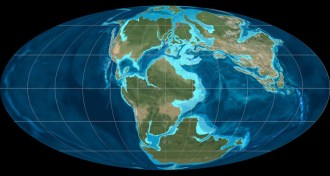 Earth
EarthTethys Ocean implicated in Pangaea breakup
The shrinking of the Tethys Ocean may have broken up the Pangaea supercontinent.
-
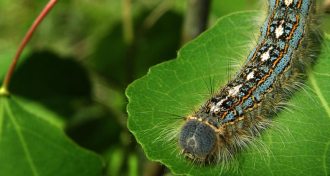 Animals
AnimalsInsects may undermine trees’ ability to store carbon
Insects eat more leaves on trees grown in carbon dioxide-rich environments than those grown without the extra CO2. That may undermine forests as carbon sinks in the future.